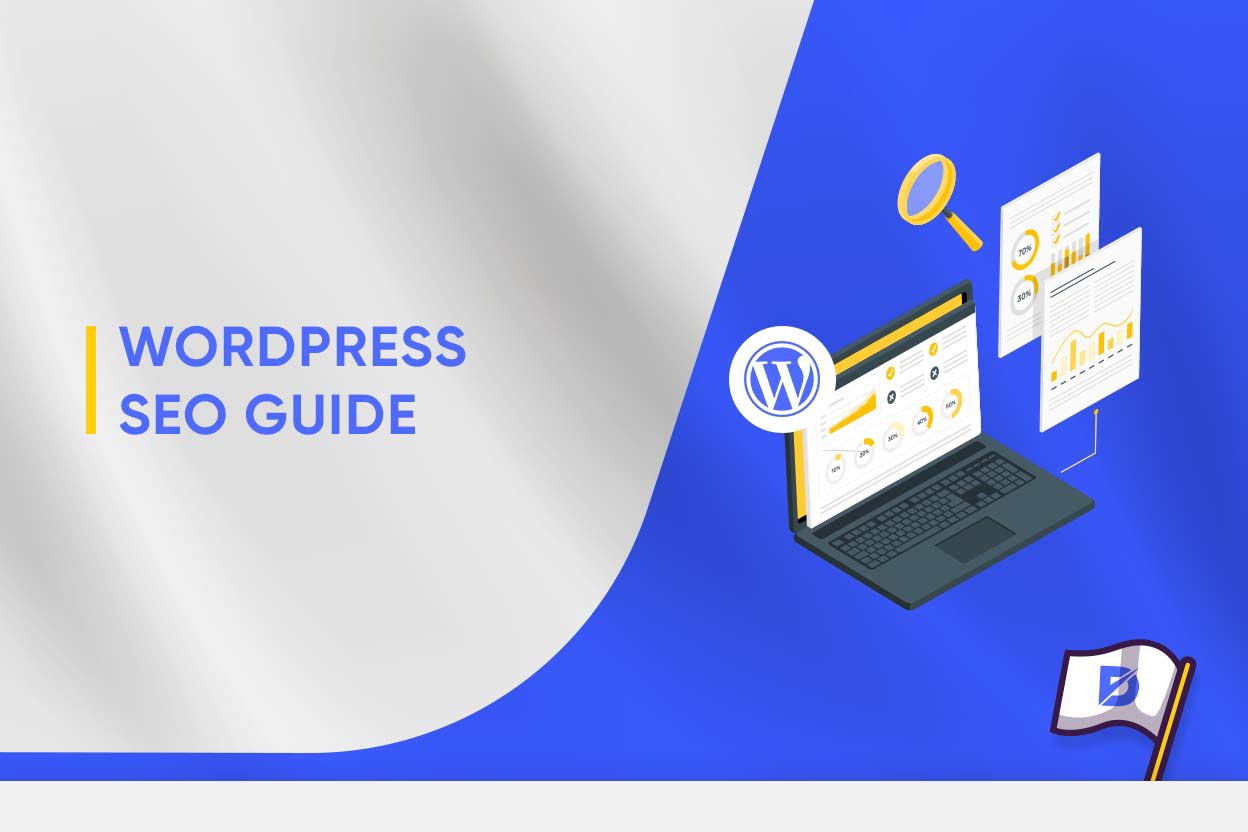WordPress offers a myriad of powerful tools and techniques to help you improve your website’s search engine rankings. In this comprehensive guide, we will walk you through the essential steps and strategies to optimize your WordPress site for search engines. Whether you’re a beginner or a seasoned WordPress user, this guide will equip you with the knowledge and tools to enhance your website’s visibility and attract targeted organic traffic. Let’s dive in and discover the secrets to unlocking the power of WordPress SEO.
 Setting Up WordPress for SEO
Setting Up WordPress for SEO
When it comes to optimizing your WordPress website for search engines, the first crucial step is setting up your site in a way that lays a strong foundation for SEO success. By implementing the right settings and configurations, you can improve your site’s visibility and make it easier for search engines to crawl and index your content. Here are some essential steps to set up WordPress for SEO.
- Install an SEO Plugin: Start by installing a reputable SEO plugin like Yoast SEO or All in One SEO Pack. These plugins provide a user-friendly interface and powerful features to optimize your site’s SEO elements.
- Customize Permalink Structure: Choose a permalink structure that includes your post titles and keywords. This helps search engines understand the context of your content and improves the readability of your URLs.
- Enable XML Sitemaps: XML sitemaps provide a roadmap of your website’s structure to search engines. Most SEO plugins offer XML sitemap functionality. Enable this feature and submit your sitemap to search engines like Google through their respective webmaster tools.
- Optimize Site Speed: Website speed is a crucial factor for both user experience and SEO.
- Set Preferred Domain: Decide whether you want your website to appear with or without the “www” prefix and ensure consistency. Set your preferred domain in the WordPress settings to avoid duplicate content issues.
By following these steps, you’ll establish a solid SEO foundation for your WordPress site. Remember to regularly update your SEO plugin, stay informed about the latest SEO best practices, and continuously optimize your content to achieve better search engine rankings.
Optimizing Content for SEO
Optimizing your content for SEO is a crucial aspect of driving organic traffic to your WordPress website. By implementing SEO best practices within your content, you can increase its visibility and improve its chances of ranking higher in search engine results.
Start by conducting thorough keyword research to identify relevant keywords and phrases that your target audience is searching for. Incorporate these keywords naturally into your content, including in the title, headings, meta descriptions, and throughout the body of your text. However, it’s important to maintain a balance and avoid overstuffing keywords, as it can negatively impact the readability and user experience of your content.
Additionally, make use of internal and external linking. Internal linking helps search engines understand the structure of your website and the relationships between different pages. It also helps users navigate your site more effectively. External linking to reputable sources can add credibility to your content and improve its relevance.
By consistently optimizing your content for SEO, you can enhance your website’s visibility and attract targeted organic traffic. If you need further assistance, consider leveraging professional WordPress SEO services to ensure your content is fully optimized and aligned with the latest industry practices.
In conclusion, mastering WordPress SEO is crucial for improving online visibility and attracting organic traffic. By following the guidelines outlined in this guide, you can optimize your website effectively. However, for expert assistance and to maximize results, consider partnering with reputable WordPress SEO services providers. Their expertise and tailored strategies can help you achieve long-term success in the competitive online landscape.